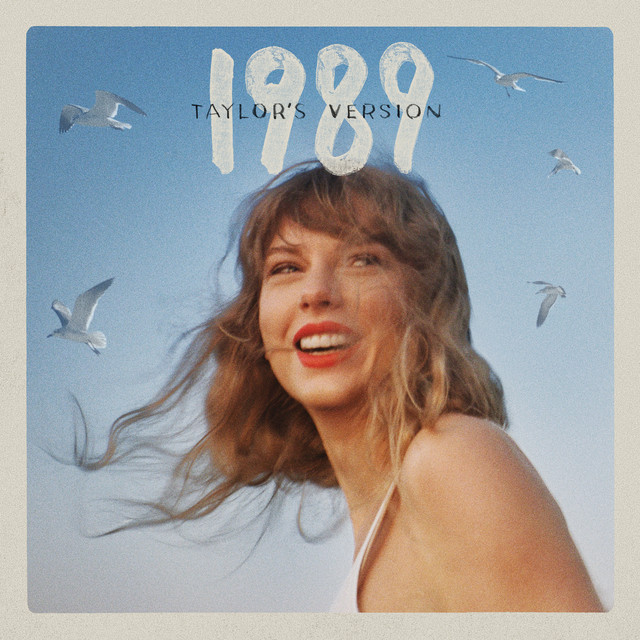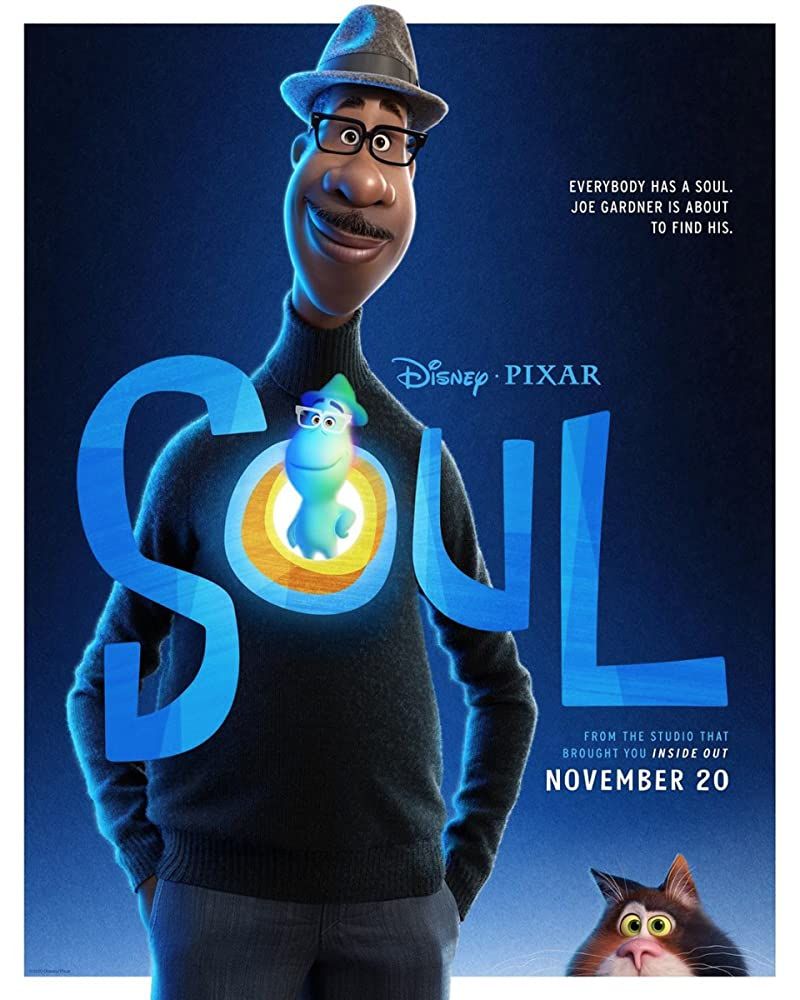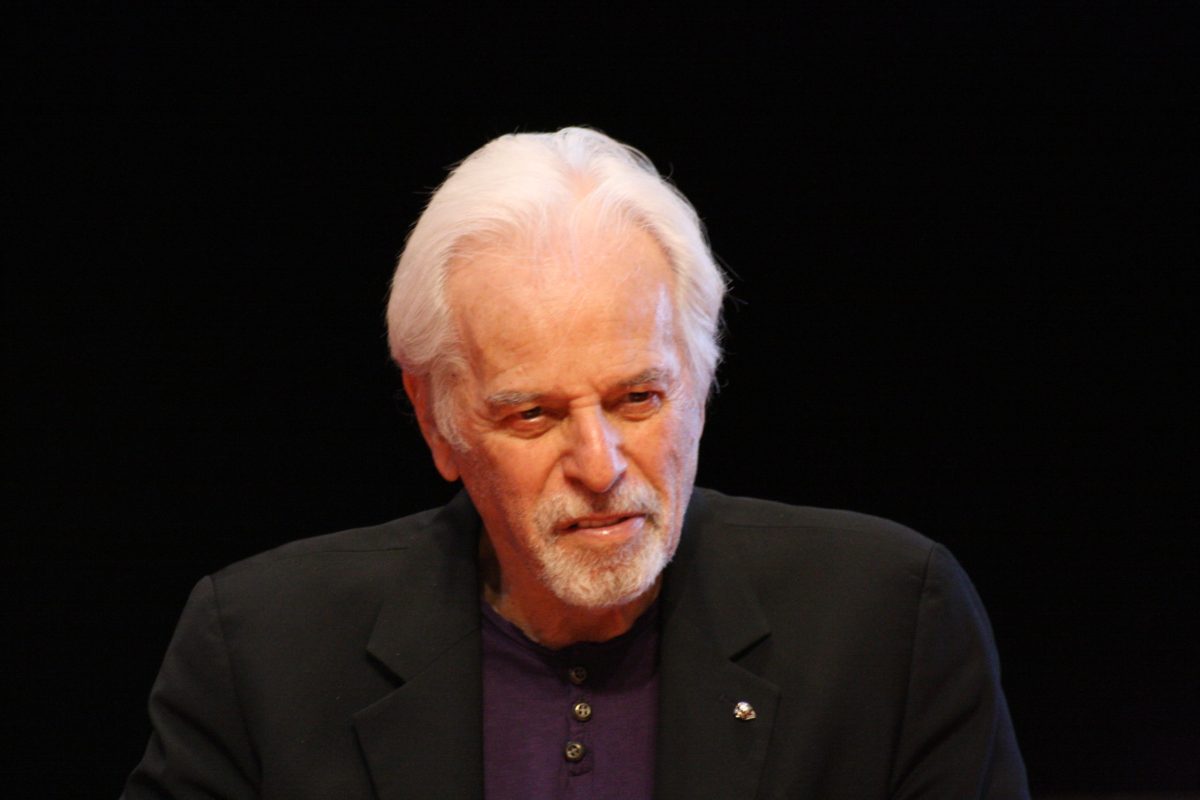From director Robert Eggers comes what is easily one of the most anticipated films of the year. “The Lighthouse” is simply a marvel in filmmaking. The movie echoes the works of H.P. Lovecraft, the German Expressionist films of the silent era and the classic Universal Studios horror films of the ‘30s and ‘40s, yet wholly manages to leave its own mark. There are just so many elements to this film that work so well to make it a modern masterpiece.
Set on a mysterious remote island in 1890s New England, the film follows two lighthouse keepers named Thomas Wake and Ephraim Winslow, played beautifully by Willem Dafoe and Robert Pattinson respectively. Winslow and Wake are stuck together tending the lighthouse in complete isolation. As the film goes on, tensions between the two become greater and greater as both descend into madness.
What is most initially striking about the film is how gorgeous it is. The cinematography is expertly done, as each single shot is done with immense purpose and character. The movie was shot in black and white with 35mm film. That, coupled with the fact that it was filmed on a real island off Nova Scotia with historically accurate sets and costumes, adds so much authenticity to the picture. It legitimately feels as if you are watching real people from the 1890s. This is only Robert Eggers’ second film, with his first being 2015’s “The Witch,” and already he’s displayed a mastery in understanding the language of cinema.
The building of tension throughout the movie is done with incredible care. Eggers utilizes the outstanding original score and sound design to slowly escalate the story. The music is haunting and combined with deliberately long shots, which truly makes for an unsettling atmosphere. Even in scenes at the beginning where the characters are just performing their jobs, it still manages to build suspense. The sounds that the boat horns make are so striking and memorable as to stick with both the characters and the audience. The loud eerie noises of the horns pierce your ears and begin to drive you crazy just as it does for the movie’s characters. It’s an experience that demands to be seen in a theater with surround sound.
Despite the constantly escalating horror, the film indulges itself in comedic relief at points. The comedic moments are funny and still manage to fit with the rest of the movie. One would think that slapstick humor would clash with the serious tone, however it feels very natural to the characters. The comedy itself adds to the suspense as it creates a level of uncertainty with the viewer. Not knowing whether a scene will escalate to a comedic punchline or a violent confrontation puts the viewer on edge.
The performances are outstanding, as Dafoe and Pattinson both give one of the best performances of their careers. Dafoe essentially plays an over the top crazy sea captain along the lines of Captain Ahab from “Moby Dick.” Dafoe speaks in a thick dialect for Wake’s character and it’s completely convincing. He is funny when he needs to be and terrifying when he needs to be. It’s truly a marvel to watch Dafoe as he steals the show with every scene he’s in. There are several unbroken monologues done by Dafoe all in one continuous shot. In these monologues, Dafoe will effortlessly change between comedic and threatening tones while still keeping it true to the character. It’s a role very few actors could pull off nearly as well as he did.
That’s not to discount Pattinson, as he plays a difficult role as well. Pattinson has spent the last several years distancing himself from his performance as Edward Cullen from “Twilight” by taking roles from small budget independent films that demand immense effort. “The Lighthouse” is no exception to that. Pattison performs the character of Winslow with a quiet internalized anger that slowly reveals itself throughout the film. At the beginning of the film, Winslow is quietly resenting Wake, while at the end he is screaming and dominating. It’s a hard task to perform both types of emotions and still make it feel like a singular character, and Pattinson pulls it off flawlessly.
Good acting is only part of the equation to making good characters, with the other component being the writing. The dialogue is, like everything else, authentic and natural. Robert Eggers and his brother and co-screenwriter Max Eggers researched historical ledgers, journals and notes written by real lighthouse keepers from around the time the movie takes place so that the characters act and sound like the people they wish to portray.
“The Lighthouse” is one of those films that can be open to many interpretations about its themes, symbolisms and allegories. There will be many different theories on what the end truly means. However, at its core, the film is about a power struggle. The characters are in metaphorical and literal battle for dominance that culminates in one thoroughly emasculating the other. The movie also comments on the power that sexual desire has over us. Winslow constantly hears the calls of sirens, until acting out sexually to his own shame. On top of the siren, there are many references and analogies to Greek mythology. Eggers likened Winslow and Wake to the Greek Gods, Prometheus and Proteus respectively, and how their characters follow similar characteristics to those Gods as it relates to their power struggle.
H.P. Lovecraft was an early twentieth century horror writer, who had a fixation on science fiction, gothic literature and fantasy. His stories were often set in New England and his creatures were often deep-sea inspired. “The Lighthouse” with its setting, tone and expressionist style very much feels like it’s trying to capture a similar feeling to Lovecraft’s work. However, what made Lovecraft’s stories remarkable were not the creatures, but his existential ideas and the characters’ dissents into madness. Eggers seems to understand this, as the focus is always on the characters and their own states of mind.
It’s a film that gives the viewer so much to think about and analyze. All aspects are crafted beautifully, and they come together to create what is instantly a modern classic. Simply put, “The Lighthouse” is possibly the best film of the year and demands to be seen in theaters.































